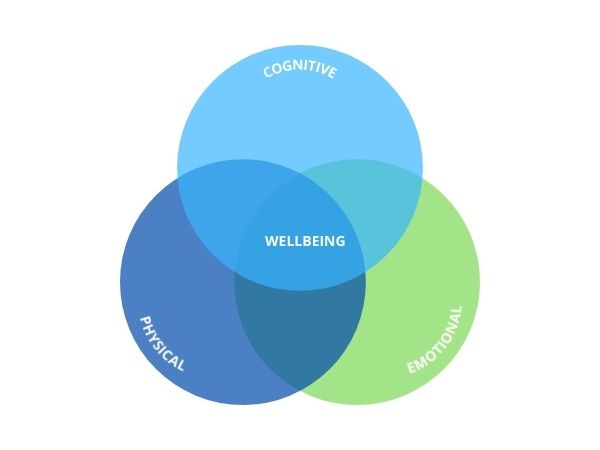We use cookies to make this site as useful as possible and maximize your experience. By closing this message, you consent to our cookies on this device in accordance with our cookie policy unless you have disabled them in your browser settings.
Conquering the Adaptability to Change in the Workplace: Pt. 1
The COVID-19 epidemic changed our lives in fundamental ways. The routines we take for granted, our relationships, and the way we work; these all shifted due to the coronavirus. Today, with the help of experts, we are taking a closer look at our adaptability to change and how we will continue to manage these shifts in the workplace.
In this first post in our series, we’ll look back at what happened from a sociological standpoint. Dr. Tracy Brower is a Principal with the Applied Research + Consulting group at Steelcase, sociologist, and author. She recently led a bkm OfficeWorks webinar titled “Adaptability, Change Management and Place” on this subject. ““People don’t resist change, they resist being changed. And that is part of why this has been so hard. It’s because so much of the control has been taken away from us,” Brower notes.
These are the primary reasons things have felt so hard as the pandemic took hold in our lives:
- Lack of choice
- Friction (we are forced to think harder about everything we do)
- Reduced connections
- Distractions
- New pressures and roles
- Information flow overwhelm
- Intensity
- Lack of movement
Each one of these factors wears on us cognitively. Whether we suddenly had to take on a more focused parenting or teaching role, do more cooking and cleaning, or even change the way we went and got groceries: these are draining, stressful adjustments and they add up. They affect our mental health.
A Holistic Look at Change Management Methodology

Workplaces can assist with the mental strain of COVID-19 by embracing a comprehensive change management methodology. These change management tools offer support to employees so that they are empowered with the adaptability and flexibility they need to get through their daily lives. “These efforts will likely continue even post-vaccine because we’re realizing this holistic nature of wellbeing,” says Brower. Here are three key ways to get started:
Give Your Staff the Power of Choice
The more people have a sense of choice and control, the more they are engaged. And thus, choice and giving people more choices is a really big thing. “I think, too, that we have the opportunity to think about choice differently than we have in the past. And one type of choice is giving people a really good sense of how they come back, when they come back, where they come back, and how much they come back,” says Brower.
Allow Flexibility in Work Models
Give your team a lot of variety and flexibility in how they will continue to fulfill their work obligations. Perhaps they enjoy working at a particular workstation because they are actively cleaning it, or know the cleaning staff is cleaning it carefully. Perhaps a more open part of campus is more appealing because there is additional airflow. Or, of course, perhaps they prefer to stay at home and continue working remotely.
Foster a Participative Culture
Coronavirus-related mandates tend to be strict. “And that is sometimes antithetical to an organization which has a culture that’s very participative, and has lots of people giving input all the time, or is more organic about their policies and practices,” says Brower. Work to ensure people can stay engaged even in the midst of many necessary top-down decisions. “We may not be able to choose whether or not we wear masks in the facility, but we might have a committee that talks about how we plan the communication and the engagement strategies and how we explain the “why’s”. So there may be some very powerful things we can do to give people more influence and give them a voice.” Brower says it’s important to be intentional about these acts and not performative.
In Part Two of our series on change management and adaptability in the workplace, we will take a look at how change management strategies must be adjusted further to deal with the extreme sense of loss created by the pandemic. To watch the entire webinar, click here.
bkm consultants are ready to assess your current workplace and help you get ready to welcome employees back.
Contact us today at (858) 569-4700 or complete this form to receive a FREE post-COVID workplace consultation.

